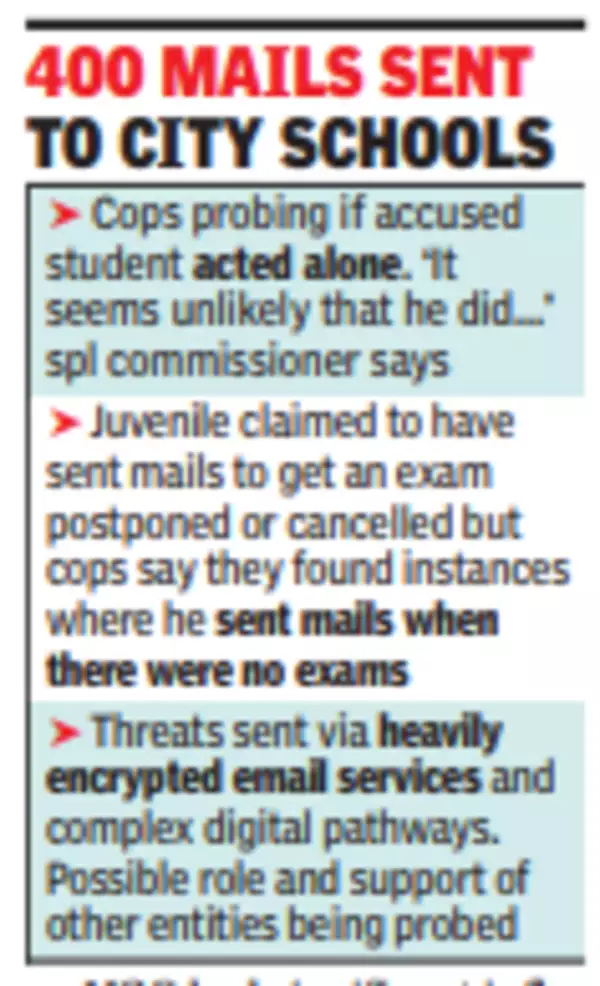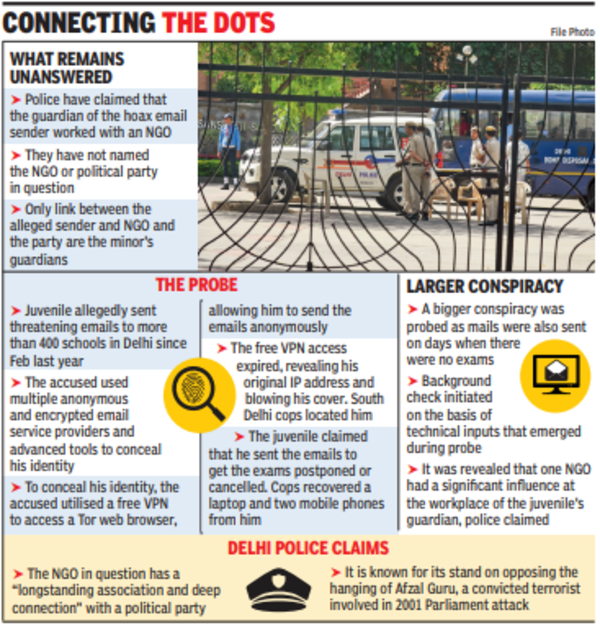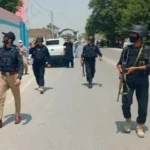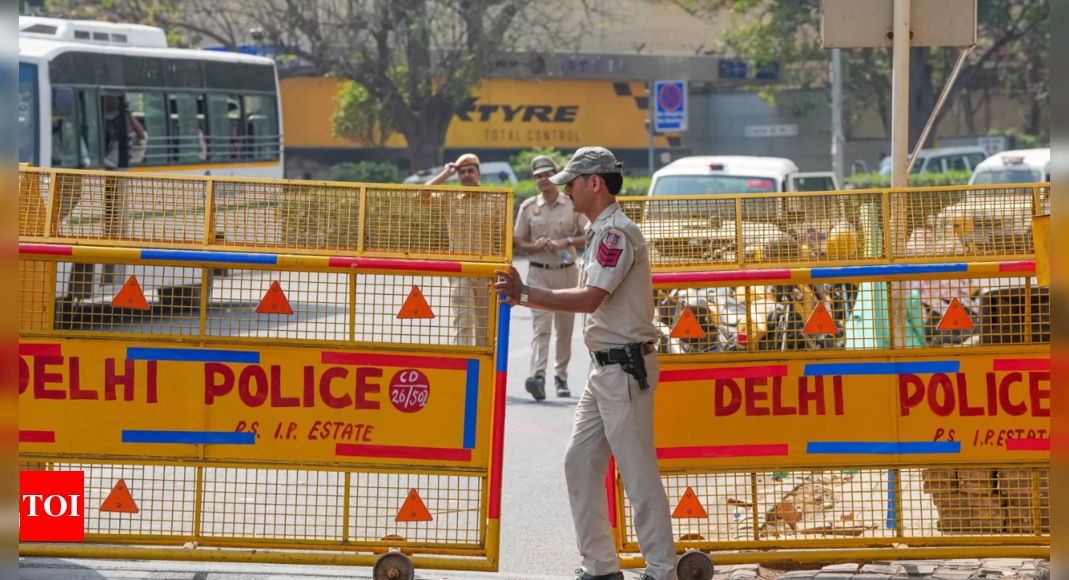NEW DELHI: Delhi Police on Tuesday said they were probing a broader conspiracy behind the spate of school bomb hoaxes that had kept the city on edge until 2024. Forensic probe into seized laptop and phone A student identified and located last week has allegedly led police to an NGO that was supported by and closely associated with a political party, police said. They did not name either the NGO or the party.
Special CP Madhup Tiwari said police carried out a background check on the accused after it emerged that he had allegedly sent 400 emails to schools between February 2024 and January 2025. “An NGO was found to have an influence significant in the workplace of the minor’s guardian. This NGO has a long-standing association and deep connection with a political party. This NGO is known for opposing the hanging of Afzal Guru, a terrorist. involved in the 2001 Parliament attack,” Tiwari said.
How police traced the origin of fake bomb emails
“(The NGO) is also openly involved in advocating and supporting a particular political party on various issues. The influence of this NGO and its proximity to a political party raises critical questions about a possible broader conspiracy to create public unrest to through disruptive tactics Through scientific means, digital forensics and other technical surveillance and intelligence apparatuses, deeper investigations are being carried out to determine the angle of the broader conspiracy, the actors involved (directly or indirectly) behind it. of this sinister activity and other deceptions similar emails,” Tiwari added.

The investigation is now focused on determining whether the accused student acted alone. “It seems unlikely that he did so due to several factors. The investigation is at an early stage. We will disclose more at the appropriate time,” Tiwari said. During interrogation, the minor claimed to have sent emails to postpone or cancel an exam, but the police found cases where he sent emails when there were no exams. He did not respond when police pointed this out to him, leading police to investigate a larger conspiracy.
According to police, the fake threats were delivered via heavily encrypted email services and complex digital pathways, indicating an intention to conceal identity and evade detection. Considering the technical complexities and advanced techniques used to send these emails, in addition to the involvement of a minor, the role of other entities was also investigated.

The accused’s first email allegedly arrived in February 2024. In May last year, he allegedly sent emails to 250 schools in one go, police claimed. The last email came on January 7 and 8 of this year, when 23 schools received fake emails. The sender used the id troyisns@gmail.com and wrote that powerful bombs had been placed to destroy buildings and harm everyone within the blast radius. The email also claimed that proctors would be distracted during exams and that the bombs would detonate at that “precise moment” to cause maximum impact.
Police used advanced cyber forensic techniques to trace the origin of these emails. Previously, emails were sent using a VPN service. Police had sought answers from Google, service providers and VPN companies. This time, sources said, the accused student’s VPN plan had expired, exposing the sender’s IP address.
Police later located the device through IPDR (Internet Protocol Details Records) analysis. Investigators successfully identified the defendant using fingerprints and email tracking mechanisms. “The defendant used multiple anonymous and encrypted email service providers and advanced tools to conceal his identity. However, advanced technical methods helped uncover his digital trail. He was tracked to his residence, where a search operation was carried out. and two phones and a laptop were seized,” DCP Ankit Chauhan said.
“These devices were subjected to preliminary forensic analysis, which revealed conclusive and irrefutable digital evidence directly linking the defendants to the threatening emails,” he added.
A preliminary examination and analysis of evidence has revealed that the main motive behind these misleading and threatening emails was to create panic and disruption in schools, police said. An extensive investigation is still underway to decipher the exact motives behind sending such a large number of fake emails, authorities said.
The case was investigated by a special team led by CP Sanjay Jain and DCP Chauhan. The SIT consisted of DCP Achin Garg, ACP Abhinendra Jain, Inspector Hansraj Swami and SI Sandeep Saini, among others.




